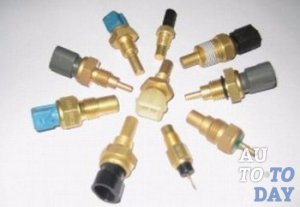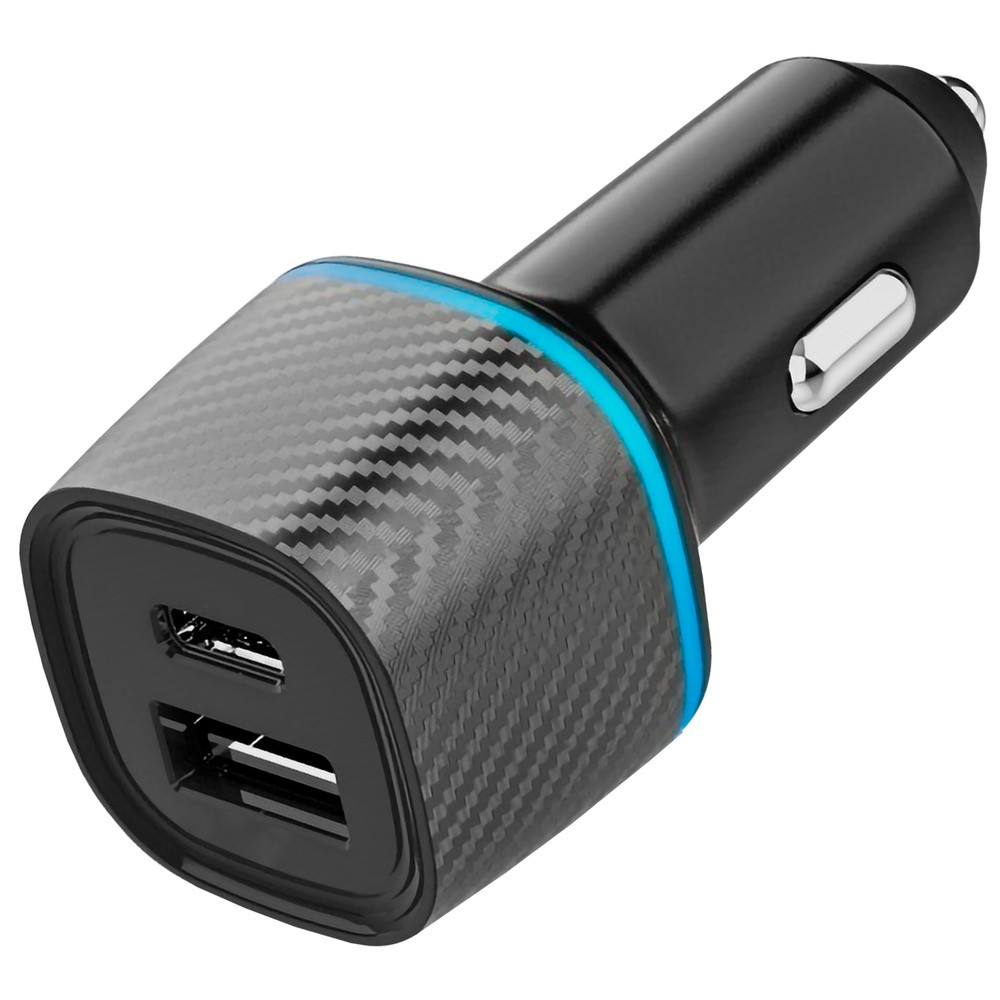
3 important things to know about your car's temperature sensor
Content
The car temperature gauge shows how hot the engine is. If the temperature gauge is high, your vehicle may be leaking coolant or a faulty water pump.
The temperature gauge in your vehicle is designed to indicate the temperature of your engine's coolant. This sensor will tell you if your engine coolant is cold, normal, or overheating. This is an important dial that is located on the dashboard of your car.
Reasons why the temperature sensor shows a high value
If the temperature gauge shows a high value, it may mean that your engine is overheating. Another reason your reading may be high is that you may be losing coolant. A small leak or vaporization can cause your radiator to slowly lose coolant. A third reason your thermometer is showing high readings could be a broken thermostat. In this case, the coolant temperature sensor may need to be replaced. The last reason why the temperature gauge may show high readings is due to a malfunctioning water pump or water pump gasket. If the water pump is faulty, it may need to be replaced by a professional.
Reasons why the temperature gauge shows cold
On most vehicles, the temperature gauge shows a cold temperature until the engine has been running for a few minutes. If the temperature gauge still shows a cold temperature after the engine has warmed up, the sensor may simply be broken. Another reason why the temperature gauge may show cold is because the thermostat in the car remains open. If the thermostat is stuck open, the engine can overcool, resulting in a low temperature reading. In this case, the thermostat may need to be replaced.
What to do if your temperature sensor is high
If your temperature gauge reads high, it means your car is overheating. This is a very serious matter and you should never drive an overheated car. If your car starts to overheat, turn off the air conditioner immediately and open the windows. If this does not reduce the overheating, turn on the heater at maximum power. If this still doesn't work, pull over to the side of the road, turn off the engine, open the hood carefully, and wait for the car to cool down. Never open the radiator cap when the engine is hot - coolant may splatter and burn you. Once the car has cooled down, take it to a mechanic immediately so they can diagnose the problem. Cars are especially prone to overheating in hot climates such as Los Angeles, Phoenix, Las Vegas or Atlanta.
The temperature gauge is an important tool in your car that shows the temperature of your engine's coolant. Contact AvtoTachki and check your car for overheating if it is too high as this can cause serious problems.
